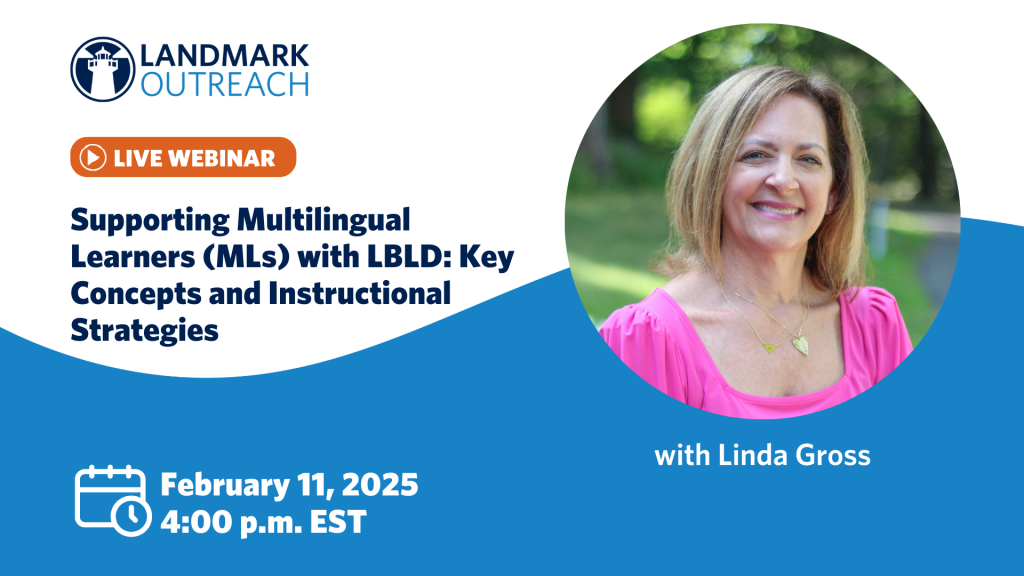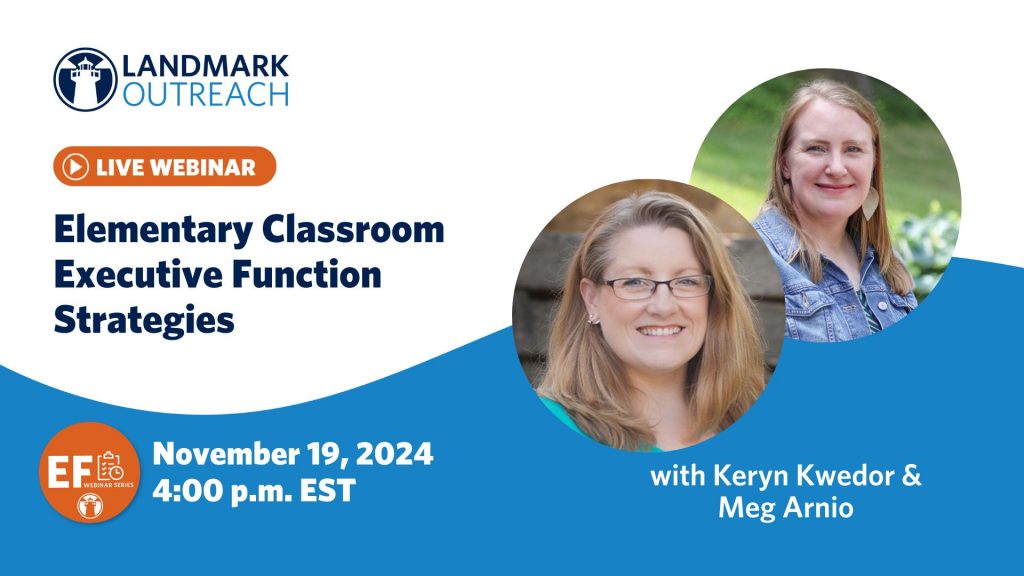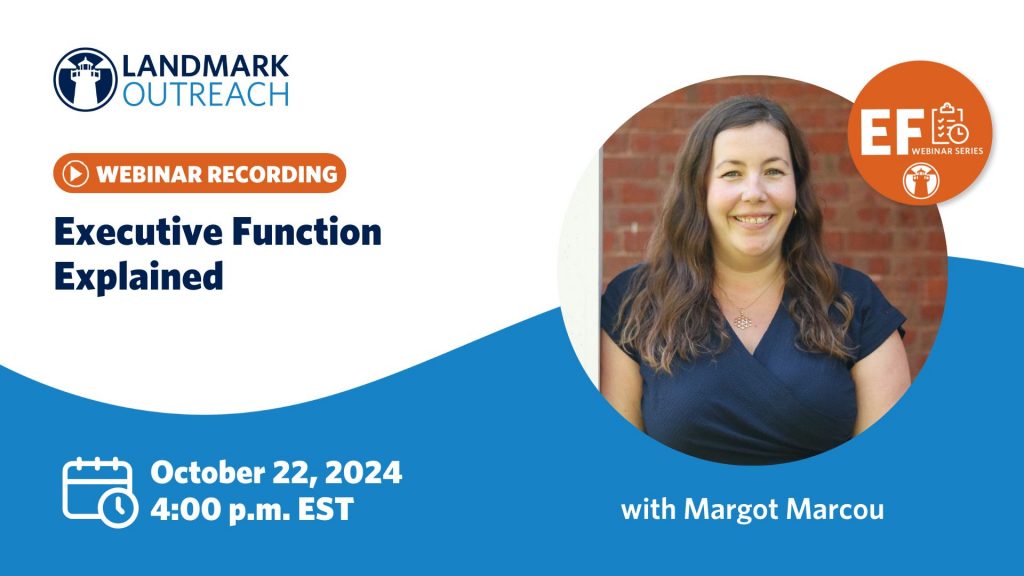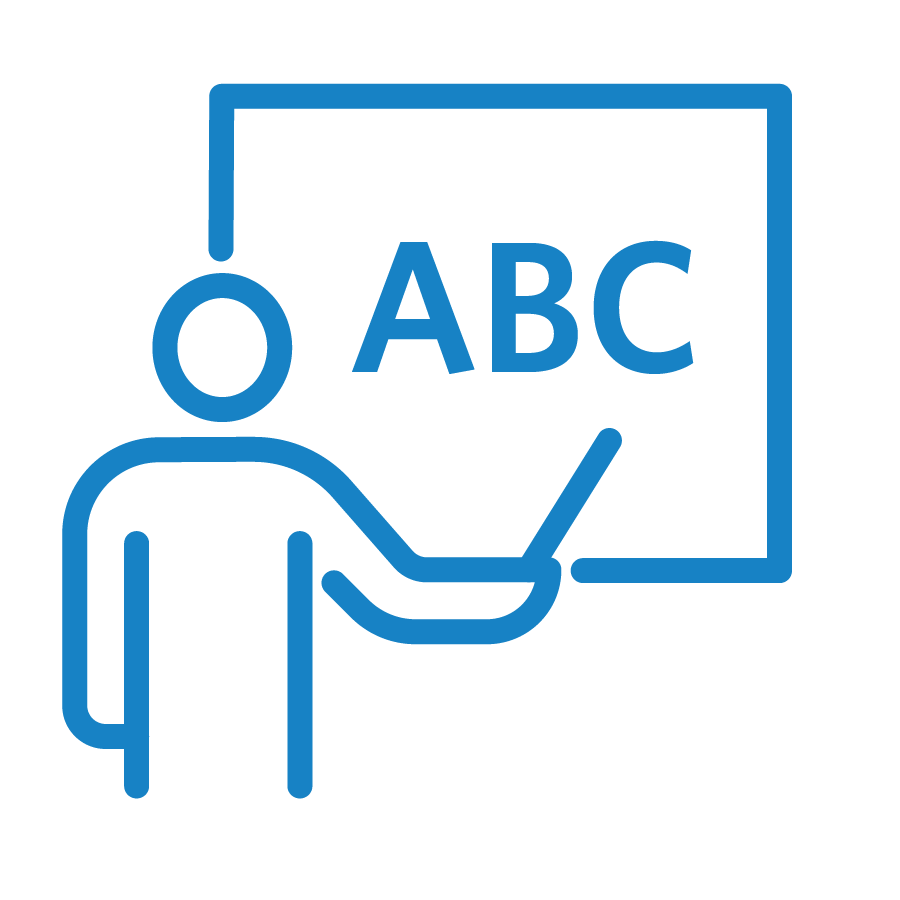Filter resources by:
Select a filter from the drop down menu to apply the filter. Page reloads upon selection

Mar 11, 2025
Four-Part Processing Model for Word Recognition
Four-Part Processing Model For some, reading is not an automatic process, and they struggle to decode and comprehend text. To better understand why some students struggle and how proficient reading develops, researchers have developed various models. These include the Simple View of Reading, Ehri’s Phases of Reading Development, and Scarborough’s Reading Rope. One particularly useful
Read Strategy
Feb 24, 2025
Making Social Stars! Adapting Social Skills Curricula for Elementary Students with Dyslexia
Social Literacy The hustle and bustle of students in the hallway as they enter the classroom marks the start of a new school day. In addition to academics, students navigate numerous social interactions—giving personal space, joining conversations, and interpreting non-verbal cues. How do students manage these social skills, and where do they learn them? Research
Read Blog
Feb 12, 2025
Must be logged in
Supporting Multilingual Learners (MLs) with LBLD: Key Concepts and Instructional Strategies | Webinar Recording
Join Landmark Outreach Lead Faculty Member Linda Gross to explore instructional strategies to assist multilingual learners (MLs) identified with LBLDs in managing classroom language demands.
View Webinar
Jan 29, 2025
Assessing Multilingual Learners (MLs) for Learning Disabilities
Key Components of Bilingual Assessments While standardized tests are often viewed as the most important component of an evaluation, some other tools and practices should be used to gain a complete understanding of Multilingual Learners’ strengths and areas of need. Dr. Brenda Gorman explains four key components of bilingual assessments based on Ronald B. Gilliam’s
Read Blog
Dec 11, 2024
Must be logged in
Middle and High School Executive Function Strategies | Webinar Recording
Join Landmark Outreach Associate Director Keryn Kwedor and High School educator Pauline Samuelsen as they discuss the comorbidity between LBLD and executive function with a focus on valuable classroom strategies that can help students in upper grades meet their goals.
View Webinar
Nov 20, 2024
Must be logged in
Elementary Classroom Executive Function Strategies | Webinar Recording
Join Landmark Outreach Associate Director Keryn Kwedor and Landmark Elementary School educator Meg Arnio as they discuss the comorbidity between LBLD and executive function, focusing on easy-to-implement classroom strategies for elementary-aged students.
View Webinar
Nov 14, 2024
Best Practices for Executive Function Instruction
In elementary school, students are introduced to routines and organizational methods. Teachers may color-code materials by subject matter, introduce basic desk/cubby organizational skills, and work on time awareness with schedules, timers, and clocks. These basic study skills are meant to reinforce structure and provide clear expectations. Once students reach upper elementary and middle school grades,
Read Blog
Oct 23, 2024
Must be logged in
Executive Function Explained | Webinar Recording
Join Margot Marcou as she demystifies executive function (EF) by defining key terms and exploring the nuances of its many aspects, from activating work to self-regulating attention and action. She will also introduce a study skills framework to support EF.
View Webinar
Oct 15, 2024
Harnessing Executive Function: The Role of Reflection in Student Learning
Self-reflection is not easy. Our ability to non-judgmentally reflect on our needs, habits, and behaviors and then adjust our actions according to the task at hand is ongoing work for most adults. The more awareness we bring to this process – in other words, the more we engage in metacognition – the more grounded and
Read Blog